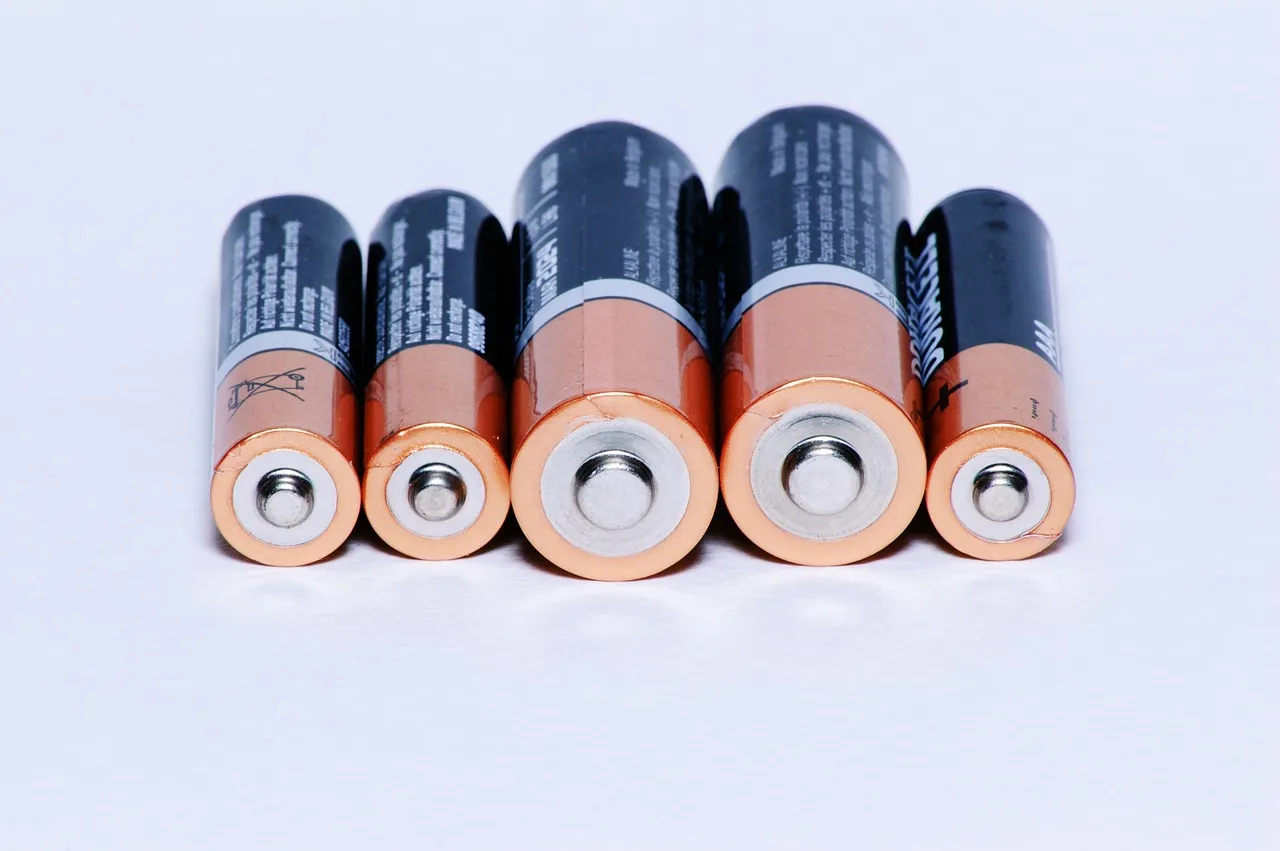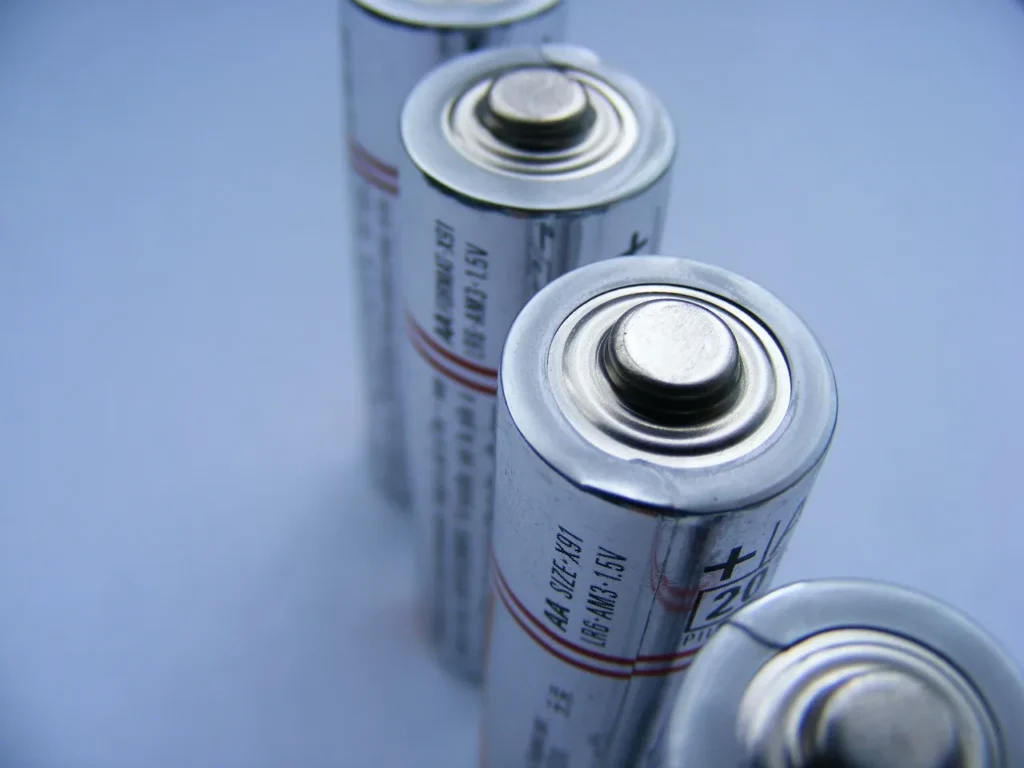
Powin and Circulor Partner to Pioneer Battery Passport Solutions for Grid-Scale Energy Storage
In a significant move for the global clean energy transition, Powin, a U.S.-based leader in energy storage solutions, has partnered with Circulor, a top-tier provider of supply chain traceability technologies, to implement battery passports for utility-scale energy storage systems. This groundbreaking partnership marks a major step forward in ensuring full material traceability, enhanced transparency, and adherence to emerging global regulatory frameworks in the battery and energy storage sector.
As battery energy storage systems (BESS) become increasingly central to power grid modernization and renewable energy integration, the need for supply chain accountability is intensifying. This collaboration between Powin and Circulor aims to directly address that need by offering unprecedented visibility into the materials and carbon footprints embedded within energy storage systems, specifically those deployed in large-scale grid applications.
Building a Transparent and Traceable Battery Supply Chain
Launched in April 2025, the collaboration integrates Circulor’s advanced traceability platform with Powin’s energy storage technology to monitor and record the lifecycle journey of key raw materials such as graphite, lithium, aluminum, steel, and copper. These materials are essential components in Lithium Iron Phosphate (LFP) batteries—one of the most widely used battery chemistries for grid storage applications due to its safety, thermal stability, and long life cycle.
Through Circulor’s blockchain-enabled digital tools, Powin will be able to trace the origins and movement of these critical raw materials from their point of extraction through refining, component production, cell manufacturing, and final system integration. This level of traceability enables detailed documentation of material provenance, ethical sourcing, and carbon emissions data, aligning with both European Union’s Battery Regulation and U.S. trade and import compliance laws.
By embedding traceability into its operations, Powin is positioning itself at the forefront of a rapidly evolving regulatory landscape that is demanding cleaner, more ethically sourced, and better-documented battery supply chains.
Digital Battery Passports – An Industry First in the BESS Market
Perhaps the most striking feature of the initiative is the rollout of digital battery passports for all Powin battery packs destined for European markets. These passports will be accessible via QR codes printed directly on the hardware, providing users with instant access to comprehensive data about the battery’s origin, composition, carbon footprint, and lifecycle journey.

This initiative places Powin significantly ahead of the curve, as the EU’s mandatory battery passport regulation doesn’t take effect until February 2027. Powin’s early adoption reflects not only foresight but also a proactive commitment to shaping industry norms around transparency, sustainability, and circular economy principles.
Beyond compliance, the benefits of digital battery passports extend to operation and maintenance. Customers will be able to use this data to optimize service and diagnostics, reduce downtime, and improve asset performance throughout the battery’s life. The integration of traceability data with real-time performance metrics also enhances second-life planning and recycling—key considerations in building circular battery ecosystems.
A Shared Commitment to Responsible Innovation
At the heart of this partnership lies a shared vision for advancing ethical innovation in the energy industry. As the global power sector continues to decarbonize, storage solutions are playing a vital role in supporting intermittent renewables, ensuring grid stability, and improving energy resilience. However, the sustainability of the supply chains that support these solutions has remained a challenge.
Mike Wietecki, Senior Vice President of Regulatory Affairs at Powin, emphasized the importance of not only developing advanced energy technologies but also ensuring that these technologies are sourced and deployed responsibly.
“The energy transition requires not only advanced technologies but also a firm commitment to responsible sourcing,” said Wietecki. “Partnering with Circulor enables us to deliver traceable, transparent energy storage solutions that align with global trade and sustainability standards. This is a pivotal step in building a more ethical and resilient supply chain for the clean energy future.”
This partnership clearly distinguishes Powin from many other system integrators and battery suppliers who may not yet have adopted such advanced traceability solutions. By embedding trust, accountability, and transparency into its supply chain, Powin is enhancing its brand value while also helping customers and regulators meet broader environmental, social, and governance (ESG) goals.
Circulor: A Leader in Supply Chain Traceability
Circulor, headquartered in the UK, has become a go-to partner for industries seeking to improve supply chain visibility, especially in critical sectors like automotive, aerospace, mining, and clean tech. Using a combination of blockchain technology, artificial intelligence, and secure data analytics, Circulor offers end-to-end tracking of materials from their source all the way through manufacturing and deployment.
This technology is particularly crucial in sectors like battery manufacturing, where issues such as conflict minerals, human rights violations, and environmental degradation in mining regions are under increasing scrutiny. Circulor’s platform helps companies demonstrate due diligence and fulfill regulatory requirements without compromising commercial confidentiality or operational efficiency.
Douglas Johnson-Poensgen, CEO and founder of Circulor, expressed enthusiasm for the Powin collaboration and the broader implications it holds for the industry:
“The BESS market is growing rapidly and it’s clear why—our power systems need the clean, firm power that batteries can deliver,” said Johnson-Poensgen. “While we build out this portion of our energy portfolio, I’m thrilled that Circulor and Powin are showing that supply chain responsibility and circularity is of the utmost importance and is achievable through transparency and traceability.”
The Rapid Expansion of the Energy Storage Market
This partnership arrives at a critical time in the energy sector. As countries around the world pursue aggressive decarbonization strategies, energy storage has emerged as a foundational technology for integrating wind and solar power, improving energy reliability, and decoupling generation from consumption.
According to recent forecasts by Bloomberg New Energy Finance (BNEF), global energy storage capacity is projected to rise to 228 gigawatts (965 gigawatt-hours) by 2035—a tenfold increase from current capacity. This growth will be driven by large-scale utility deployments, behind-the-meter applications, and grid services like frequency regulation and demand response.
However, the rapid growth of BESS infrastructure also brings risks. Without proper oversight, the scaling of battery production can exacerbate environmental harm, labor abuses, and geopolitical tensions. That’s why initiatives like the Powin-Circulor collaboration are so important—they demonstrate how sustainability and scale can go hand-in-hand when backed by digital innovation and responsible leadership.
Leading Toward a Circular and Responsible Battery Economy
Ultimately, the integration of digital battery passports, material tracking, and emissions transparency supports a broader vision of a circular battery economy, where materials are reused, waste is minimized, and ethical sourcing is prioritized. It also provides critical infrastructure for future programs around battery recycling, remanufacturing, and second-life applications—areas expected to become vital as batteries age and are repurposed for new uses.
For Powin, this initiative is part of a broader mission to become the world’s most trusted energy storage provider, delivering technology that not only performs but also contributes to a more sustainable and equitable energy ecosystem.
For Circulor, it’s a validation of its role as a pivotal technology enabler helping industries navigate the complexities of modern supply chains with clarity, integrity, and purpose.







